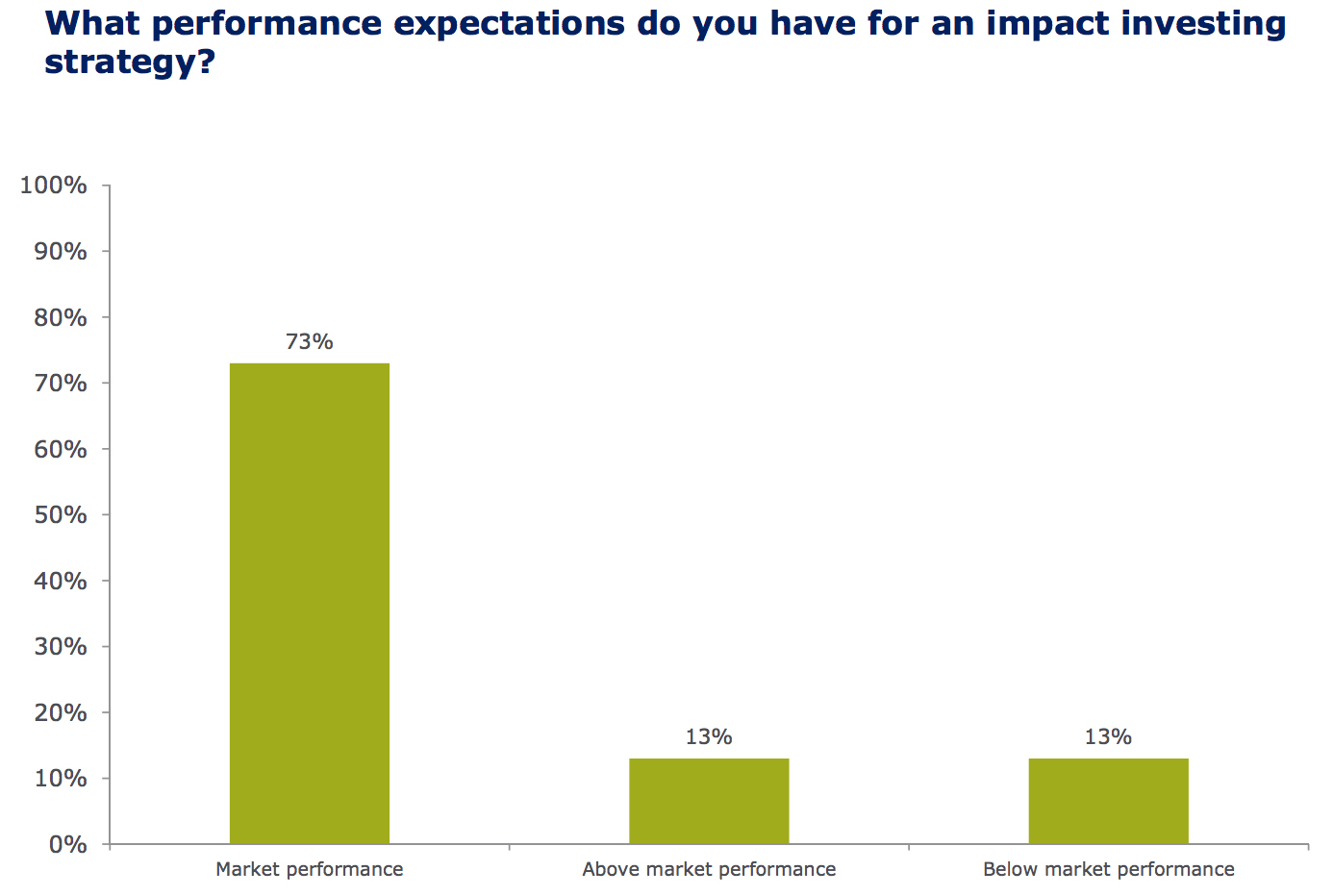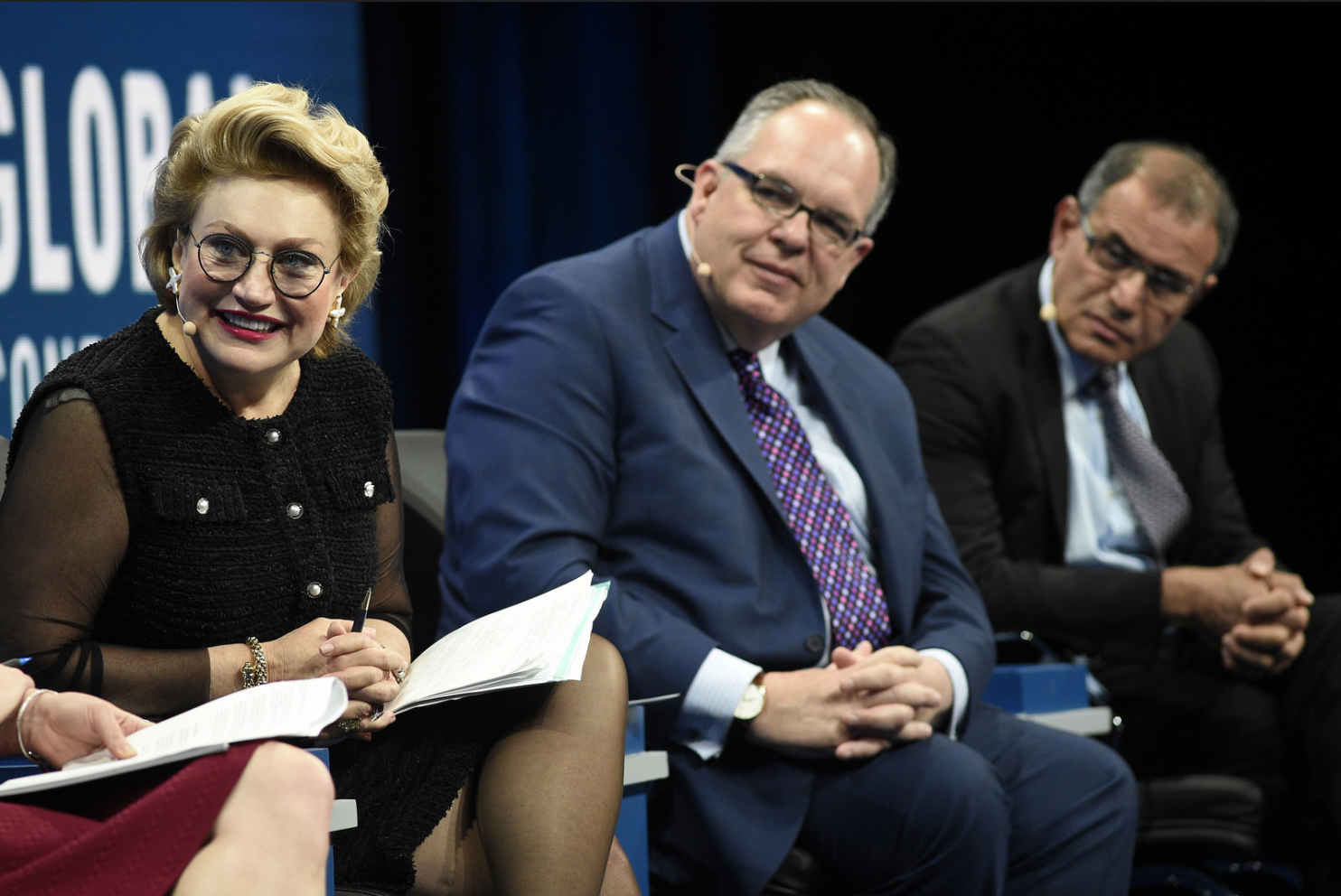More than half of endowments and foundations have adopted or are considering impact investing, according to NEPC.
In a survey, the consulting firm found that 28% of endowments and foundations currently utilize impact investing strategies. An additional 25% said they plan to review a socially responsible investment program.
“We’ve seen client interest in the space grow significantly in the past five years and we expect the same growth for the foreseeable future,” said Kristine Butler, a senior consultant in NEPC’s endowments and foundations practice.
Nearly all of those who had implemented impact investing said the approach was aligned with their institution’s mission. Other reasons included encouragement from constituents and a belief that the approach could result in better risk-adjusted returns.
“We’re seeing that the move to impact investing is most frequently motivated by positive pull factors like strong returns and mission alignment, as opposed to push from an institution’s key constituents, such as a board of directors or student body,” Butler said.
Rather than divesting from assets currently in their portfolios, these endowments and foundations said they focused primarily on making mission-related investments. Environmental, social, and governance issues were also highlighted as an area of focus.
Most impact investors (86%) said they expected the strategy to perform equal to or better than the overall market. However, not all respondents saw potential for outperformance.
Half of the endowments and foundations without impact investing strategies in place said they believed the approach could be a headwind to performance because it limits the investable universe. An additional 48% had “mixed thoughts.”
But investors “don’t have to sacrifice returns in order to have a principled investment strategy,” Butler said.
“It’s important the asset owner community understands that impact investing is based on more than merit alone,” she concluded. “The assets, be they in equities or fixed income, must align with the strategic framework of a risk-adjusted portfolio.”
 Source: NEPC’s “Q1 2016 Endowment and Foundation Market Survey”
Source: NEPC’s “Q1 2016 Endowment and Foundation Market Survey”

